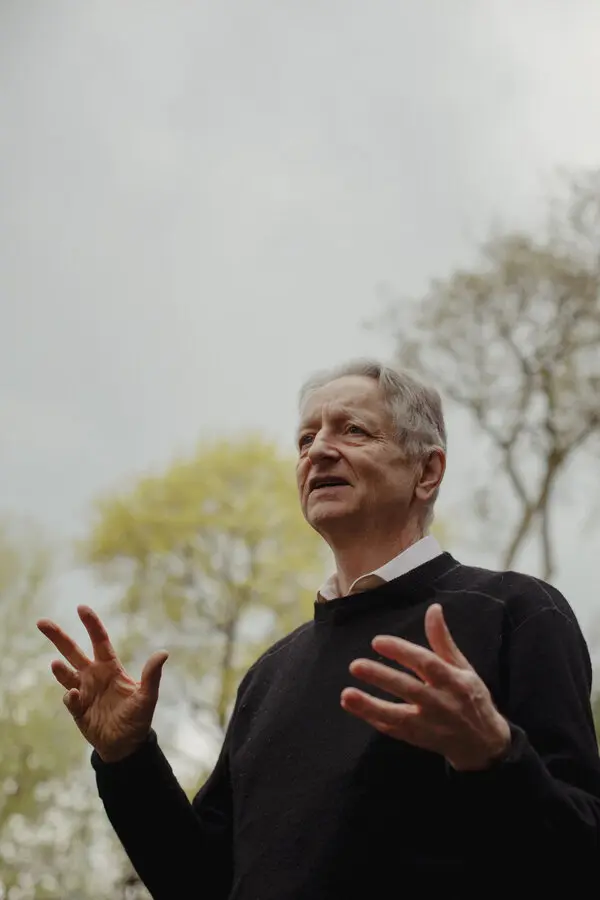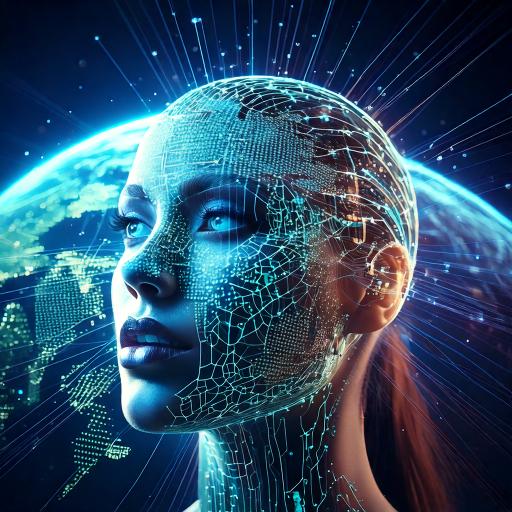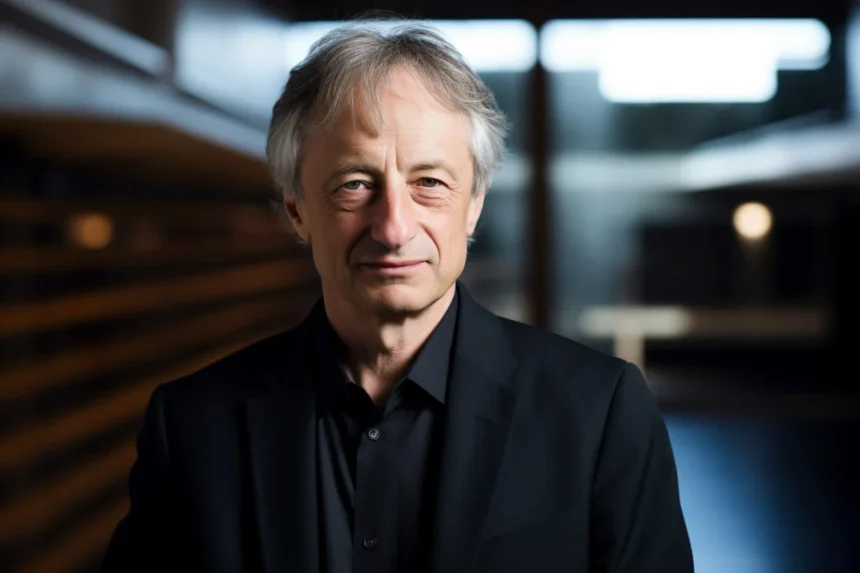Yann LeCun, one of the founding figures of modern artificial intelligence, predicts a new AI revolution within the next five years. According to LeCun, current AI systems cannot fully understand and interact with the physical world, which limits advancements in areas like domestic robots, fully autonomous cars, and human-like reasoning.
LeCun, Meta’s chief AI scientist, made these statements while accepting the £500,000 Queen Elizabeth Prize for Engineering (QEPrize), which recognizes pioneers in machine learning. While AI has made impressive strides, today’s systems still fall short of human-level intelligence. The next phase of AI development must focus on creating systems that grasp real-world physics, predict environmental behavior, and operate in a way that mirrors biological intelligence.
What’s Happening & Why This Matters
The Next AI Breakthrough: Beyond Language Models
LeCun points out that current AI models, including ChatGPT, excel at manipulating language but lack physical awareness. The next wave of AI development aims to bridge that gap, bringing machines closer to human-like reasoning.

- Modern AI models process text-based data but do not “understand” the world in a physical sense, limiting their effectiveness in robotics and automation.
- LeCun’s team at Meta is developing AI that can predict how objects interact in real-world environments, a crucial step toward practical AI.
- The goal is to create AI systems as intelligent as animals, such as cats or rats, before progressing toward human-level cognition and enhancing problem-solving and decision-making.
- Breakthroughs in physical AI are essential for industries aiming to deploy actual autonomous vehicles, smart home robotics, and advanced industrial automation.
Global AI Leaders Call for Responsible Development
While AI’s progress is accelerating, leading experts stress the need for responsible development, enhanced safety measures, and global regulatory policies. Yoshua Bengio, another AI pioneer and QEPrize winner, warns that AI’s power could be as dangerous as beneficial without proper oversight.
- Bengio urges world leaders to prioritize AI risks, emphasizing the importance of ethical AI research and development.
- He calls for stronger policies to ensure AI is developed responsibly, balancing rapid technological advancements with necessary safeguards.
- These concerns will take center stage at the upcoming Global AI Summit in Paris, where government officials and technology leaders will debate AI’s future direction.
- Regulatory discussions will focus on preventing AI from being misused in surveillance, cyberattacks, or decision-making processes that impact fundamental human rights.
The QEPrize Winners: Shaping AI
The Queen Elizabeth Prize for Engineering recognizes individuals who have shaped AI’s evolution. The 2025 winners include:
- Yann LeCun – Chief AI scientist at Meta, pioneering AI systems that predict real-world physics for enhanced automation.
- Yoshua Bengio – AI safety advocate and deep learning pioneer, pushing for more ethical AI research.
- Geoffrey Hinton – Another AI “godfather” and co-winner of the 2018 Turing Award, responsible for key neural network advancements.
- Fei-Fei Li – Creator of ImageNet, a dataset that revolutionized AI’s ability to recognize and classify objects.
- Jensen Huang – CEO of Nvidia, whose GPUs power modern AI advancements, including deep learning and autonomous systems.
- Bill Dally – Chief scientist at Nvidia, instrumental in developing AI-specific chip architecture for faster and more efficient computation.
Their contributions shape AI’s integration into industries, economies, and daily life, with applications in healthcare, transportation, education, and finance. Patrick Vallance, chair of the QEPrize foundation, emphasizes that AI-driven machine learning already impacts billions worldwide and will continue to drive technological revolutions in the coming years.

TF Summary: What’s Next
LeCun’s prediction of an AI revolution within five years signals a massive shift in how machines understand and interact with the world. As AI moves beyond language processing into real-world comprehension, industries from robotics to autonomous vehicles stand to benefit. However, leaders must balance innovation with safety as AI advances, ensuring AI’s power is harnessed for good, not harm. With the next phase of AI on the horizon, the world watches to see how this revolution unfolds.
— Text-to-Speech (TTS) provided by gspeech


